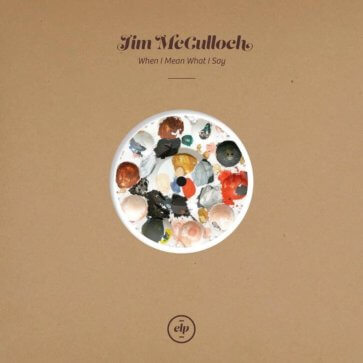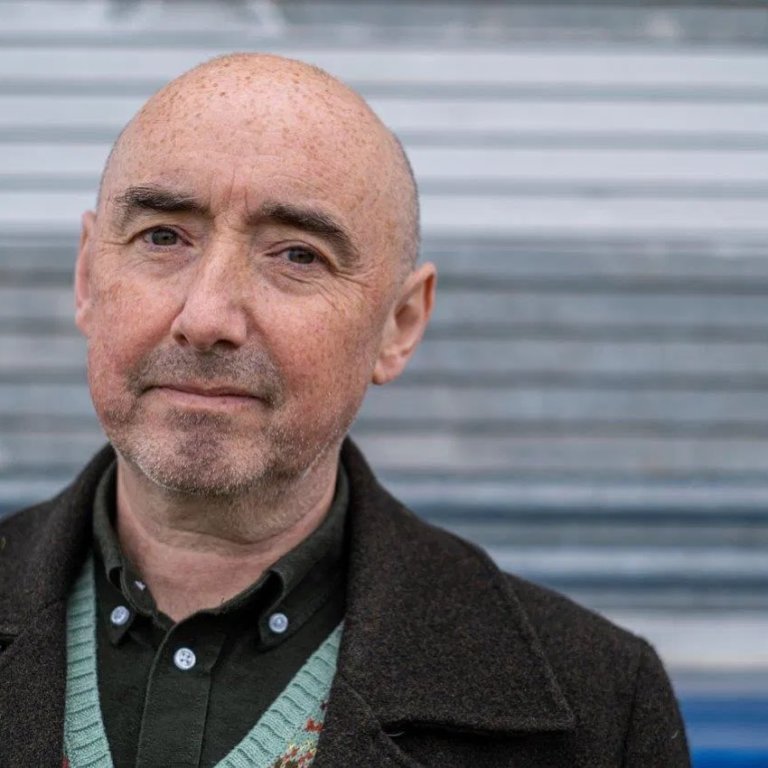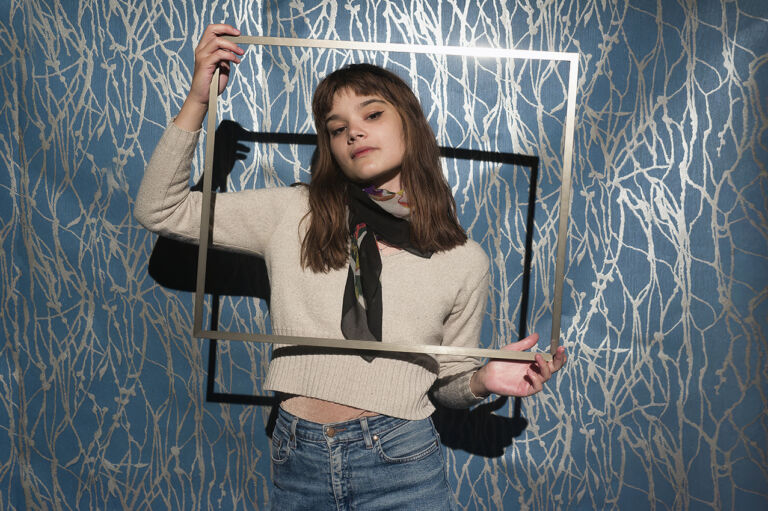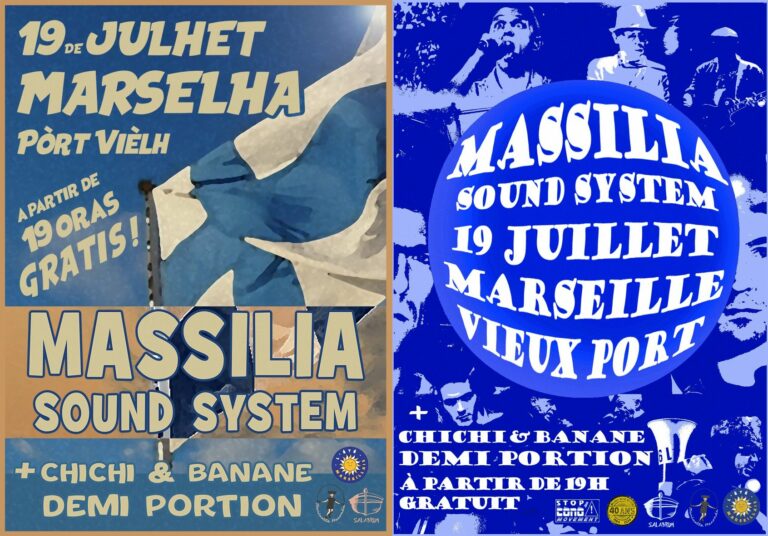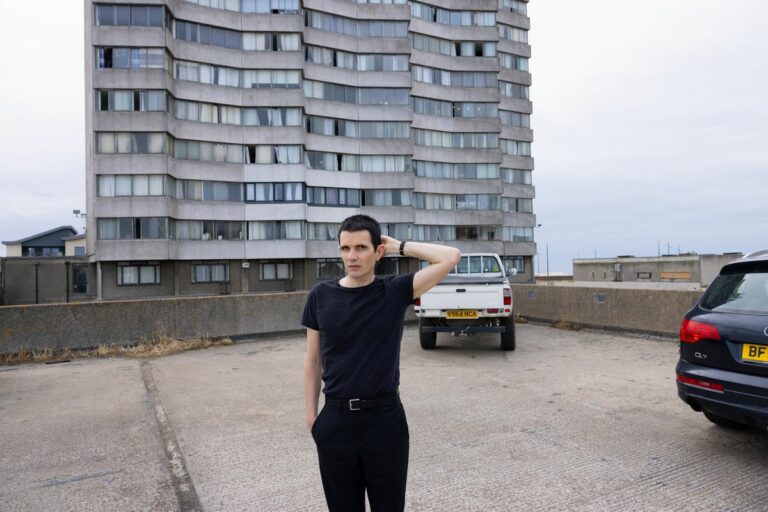Jim McCulloch pense enfin à lui. Après avoir fait danser les années 90 (avec les Soup Dragons), après avoir fait se rencontrer Isobel Campbell et Mark Lanegan, McCulloch publie enfin un premier disque solo dont le niveau vaut largement celui des précédentes sorties du label.
Comment vas-tu ?
Jim McCulloch : Je vais très bien… Nous avons maintenant de bonnes raisons d’être optimistes ; nous allons pouvoir sortir et jouer à nouveau de la musique. De plus, nous pouvons discuter tous les deux. C’est donc très bien.
Discographie
Jim McCullochComment as-tu rencontré les dirigeants de Violette Records ? Pourquoi avoir choisi de travailler avec eux ?
Je suis fan de Michael Head (Shack) et des Pale Fountains depuis très longtemps, depuis les années 1980. Le label Violette a écrit une partie de cette histoire. Je savais donc qu’il y avait un label qui appréciait ces chansons à la guitare mélodique et qui ont des accents soul. Pour tout te dire, c’était la seule maison de disques avec qui je souhaitais travailler. Je savais que ma musique les intriguerait.
Jim McCulloch – When I Mean What I Say
En quoi Violette est différent des autres labels ? Quel est ton sentiment à propos des labels ?
Je pense que les grands labels ont une fois de plus vendu les artistes. Spotify et ses concurrents sont merveilleux pour l’auditeur en termes de choix et d’accessibilité. Mais à court terme, c’est une catastrophe pour les musiciens car s’ils ne sont pas rémunérés. Comment vont-ils pouvoir enregistrer de nouvelles choses ?
Quelques artistes grand public extrêmement aisés se pliant aux auditeurs à l’aide du plus petit dénominateur commun vont survivre. Désormais, les vrais artistes qui produisent de la musique originale seront laissés aux marges filtrées par les algorithmes. Malheureusement pour eux, ils ne seront négligés et non récompensés.
L’ère numérique a obligé des artistes et des labels comme Violette à repenser leur mode de fonctionnement – à réinventer toute leur manière de marketing et leur façon de travailler pour essayer de tirer profit de leur travail – ou du moins de ne pas faire faillite en essayant simplement de sortir de bons disques. .
Avec Violette, l’éthos semble être petit. C’est beau et sûr à la fois. Petits lots, pressages limités, faisant de la copie physique une chose de nouveau désirable… Le streaming sera toujours avec nous, mais je crois que les vrais amateurs de musique apprécient l’effort de bonne conception qui est intégré dans la copie physique. Ils fétichisent presque le produit et ils le font bien.
When I Mean What I Say est ton premier disque solo. Quel est ton sentiment à propos de ces chansons ?
Elles sont extrêmement autobiographiques et connectées les unes aux autres. L’album est vraiment un cycle de chansons et les chansons ont toutes été composées en quelques semaines .. Je me sens incroyablement fier d’elles et de la façon dont les choses se sont passées.
Comment les as-tu écrites ? Tu as changé ta manière de faire ?
Ma motivation était légèrement différente pour cet album car je devais les écrire pour un projet créatif dans le cadre de mon Master. Je sais que cela peut décourager les gens quand je mentionne cet exercice académique assez neutre, mais en réalité, c’était tellement intense et viscéral… que j’y ai consacré toute mon énergie créatrice.
Où as-tu enregistré ce disque ? Et combien de temps cela t’a pris ?
L’enregistrement a eu lieu aux Gorbals Sound Studios à Glasgow avant le confinement et le tout a été enregistré et mixé pendant 1 semaine. Comme je te l’avais dit, ce fut très intense !!
Ce fut facile ?
Je devais enregistrer rapidement et prendre des décisions très rapidement lorsque les autres musiciens me demandaient de la direction car nous n’avions pas le luxe du temps … mais j’ai choisi mes musiciens pour leur vitesse, leur imagination et leur compétence donc ce n’était pas du tout douloureux . Parfois, il est bon d’avoir moins de temps et vous devez suivre votre instinct et faire confiance à votre instinct.
Quel est ton souvenir préféré lié à cet enregistrement ?
J’ai quelques souvenirs exceptionnels … Je pense que travailler avec Rachel Jack qui fait les chœurs sur Shining Bright a beaucoup apporté à la chanson. J’avais travaillé avec elle à l’université et j’espérais que nous pourrions travailler ensemble à un moment donné dans le monde réel ! L’entendre chanter sur mon morceau la première fort… Ce fut réellement magique.
Travailler avec Sophie Rocks a également été une expérience de picotements dans la colonne vertébrale. Je n’avais jamais utilisé de harpe sur mes morceaux. Pour être honnête, c’était un vrai pari. Ce fut fascinant quand elle a commencé à jouer avec le morceau. Ell a conféré toute cette beauté à mon travail. On aurait cru qu’elle venait d’une autre planète.
Jim McCulloch – Chorus of Lists
Quelle est l’histoire de Chorus of Lists ? Il s’agit de ma chanson préférée sur de When I Mean What I Said
?
C’est une morceau très inhabituel dans la mesure où les paroles sont une liste de choses qui me rendent heureux … mais aussi c’est un cri à moi-même d’être reconnaissant pour ce que j’ai et de ne pas foirer les choses!
Musicalement, il a des nuances très baroques avec des mélodies qui se tordent et s’entrelacent les unes avec les autres. Et l’apport du Melodica est très positif.
When I Mean What I Said de Jim McCulloch sera disponible chez Violette Records le 21 mai 2021.
- BLACKSTICK BOOGIE
- CHORUS OF LISTS
- AUGMENTED YET DIMINISHED
- DOWNBEAT
- SHINING BRIGHT
- OPEN & SHUT
- COME LITTLE WAVES OF LIGHT
- I HOPE I CAN READ THE FORECAST
- WHEN I MEAN WHAT I SAY
English text
How are you ?
Jim McCulloch : I am doing very well … we now seem to have reasons to be optimistic and hopefully we can go out very soon and perform music once again …plus it`s good to talk to you, Louis !
How did you know Violette Records ? Why did you choose to work with this label ?
I have been a fan of Michael Head / Shack and the Pale Fountains for a very long time-since the 1980s . Violette are a big part of that story and so I knew that if there was a record company that appreciates melodic soulful guitar music then it`s going to be Violette. In fact, they were the only record company I sent my finished music to as I knew that they would find something intriguing about it.
What do you think about the labels, the majors.. Why Violette is different ?
I think that the major labels have once again sold the artists out. Spotify etc are wonderful for the listener in terms of choice and accessibility in the short term but really bad for the music creators…if there is no real money feeding back to pay the creators for their work then how are they to afford to record and produce new music?
There will only be back catalogue and a few extremely well off mainstream artists pandering to the lowest common denominator listeners and so real art and original creative music will sadly be left at the margins filtered out by the algorhythms, neglected and unrewarded.
The digital era has forced artists and labels like Violette to rethink their modus operandi-to reinvent their whole way of marketing and way of working to try and make a profit from their work-or at least not go bust just trying to put great records out.
With Violette the ethos appears to be small is beautiful, and it sure is. Small batches, limited pressings, making the physical copy a desirable thing to own once again. Streaming will always be with us but I believe real music lovers appreciate the effort of good design that is built into the physical packaging that surrounds the music. It almost fetishizes the product and so it dam well should.
When I Mean What I Say is your first solo record.. What are your feelings about these solo songs ?
They are extremely autobiographical and connected to each other. The album is very much a song cycle and the songs were all composed within a period of a few weeks..I feel insanely proud of them and the way they turned out.
How did you write these ? Did you use the same method as for the other ones ?
My motivation was slightly different for this album as I had to write these for a creative project for my Masters degree. I know that it might put people off when I mention a dry academic exercise, but really it was so intense and visceral the amount of pressure and thought I had to put in to make it work.
Where did you record this record ? How did long it take you ?
The recording took place in Gorbals Sound Studios in Glasgow back before the Lockdown and the whole thing was recorded and mixed over 1 week. As I said, Intense !!
How easy was this recording process ?
I had to record quickly and make decisions very fast when the other musicians were asking me for direction as we didn`t have the luxury of time…but I chose my musicians for their speed, imagination and proficiency so it wasn`t painful at all. Sometimes it`s good to have less time and you have to go with your instincts and trust your gut.
What’s your favorite memory about this recording process ?
I`ve got a couple of outstanding memories..I think working with Rachel Jack who sings backing vocals on Shining Bright brought so much to the song. I had worked with her at University and hoped we could work together at some point back in the real world! It was just magic hearing her sing on my track for the first time.
Working with Sophie Rocks was also a spine tingling experience. I had never used a Harp player on any of my material before and it was a bit of a gamble to be honest, but when she started to play along with the track, it was mesmerising. She just beamed down from another planet and bestowed all this beauty on my work.
What’s the story of Chorus of Lists ? It’s my fav’ song of this record ?
Ah thank you Louis! It`s a very unusual track in that the lyric is a list of things that happen to make me happy ..but also it`s a shout out to myself to be grateful for what I have and not to fuck things up !
Musically it has very Baroque undertones with melodies that twist and intertwine with each other. Plus it has some heavy Melodica action which is always a good thing I reckon.

